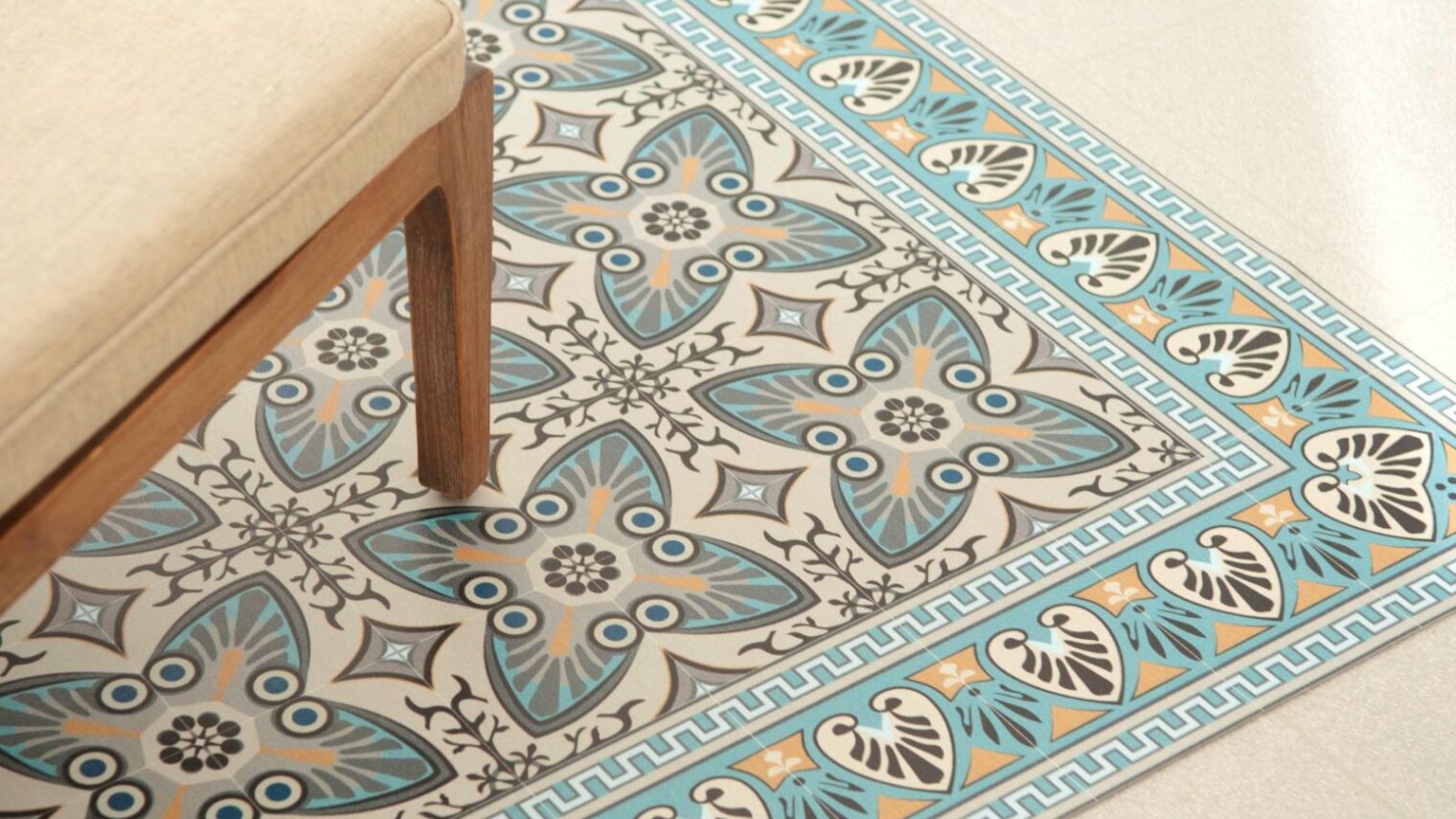During a 2004 family vacation in India, Haifa School of Design graduate Maya Kounievsky was fascinated to see how women would create tile mandalas on the floor as a way of blessing their homes.
The harmonious symmetrical patterns inspired by nature spoke to her heart, and when she came home to the ecological Kibbutz Hukok in the Galilee she started experimenting with an affordable product scalable for the mass market.
The result is Beija Flor, a design studio devoted to bringing the beauty of ancient tiles into contemporary homes with a large array of high-quality vinyl PVC floor mats, tableware and removable decorative stickers that are waterproof, dustproof and hypoallergenic.
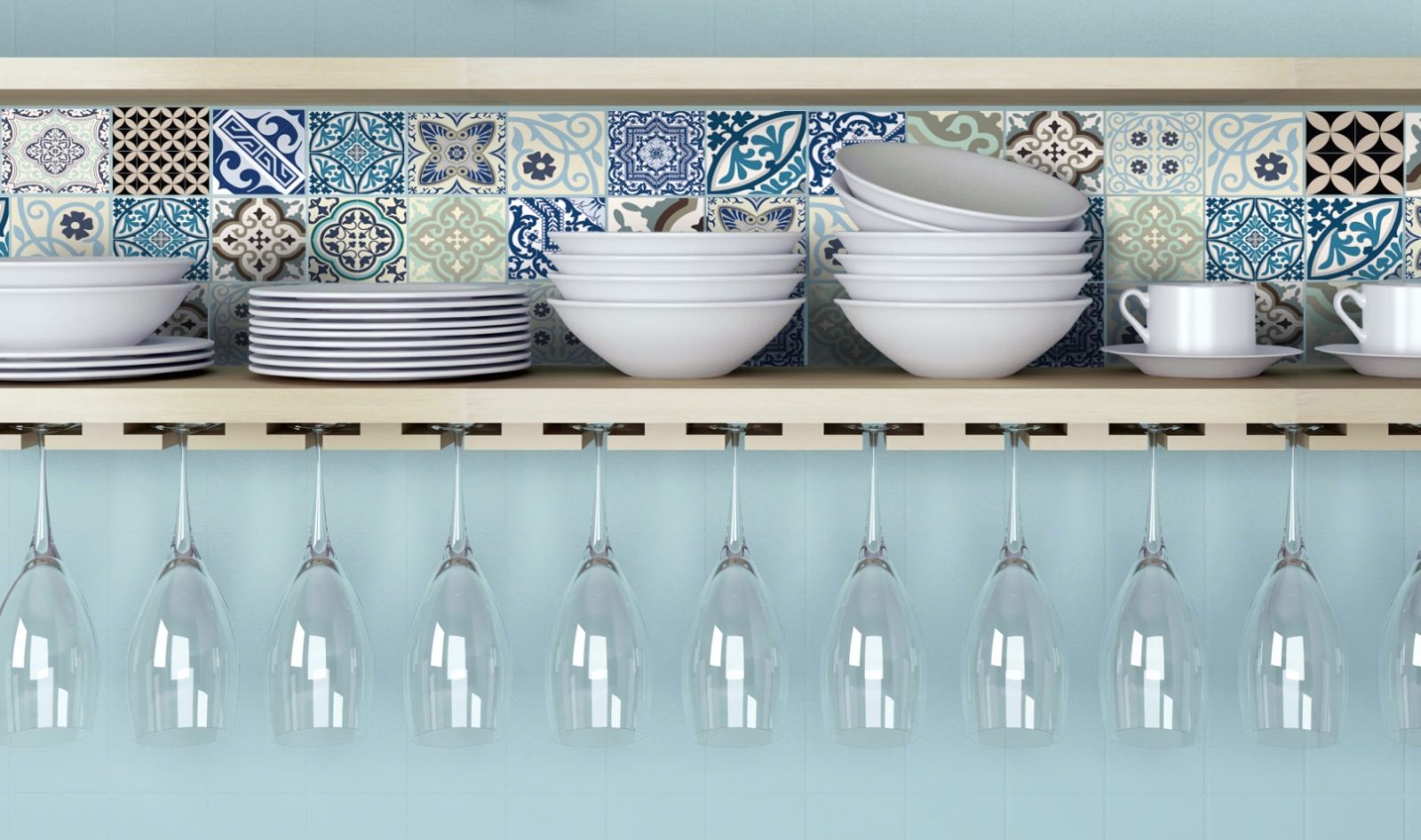
Kounievsky tells ISRAEL21c that her first vinyl mandala-patterned stickers “met with such warm appreciation that I realized I was on to something — a need to bring something deep from old worlds to Western civilization. Our geometric shapes are born from spirituality, sacred geometry, power and beauty.”
She believes that because these nature-inspired geometric patterns have existed in architecture and décor for eons across Europe and the Far East, people experience an innate feeling of recognition and familiarity when they see them.
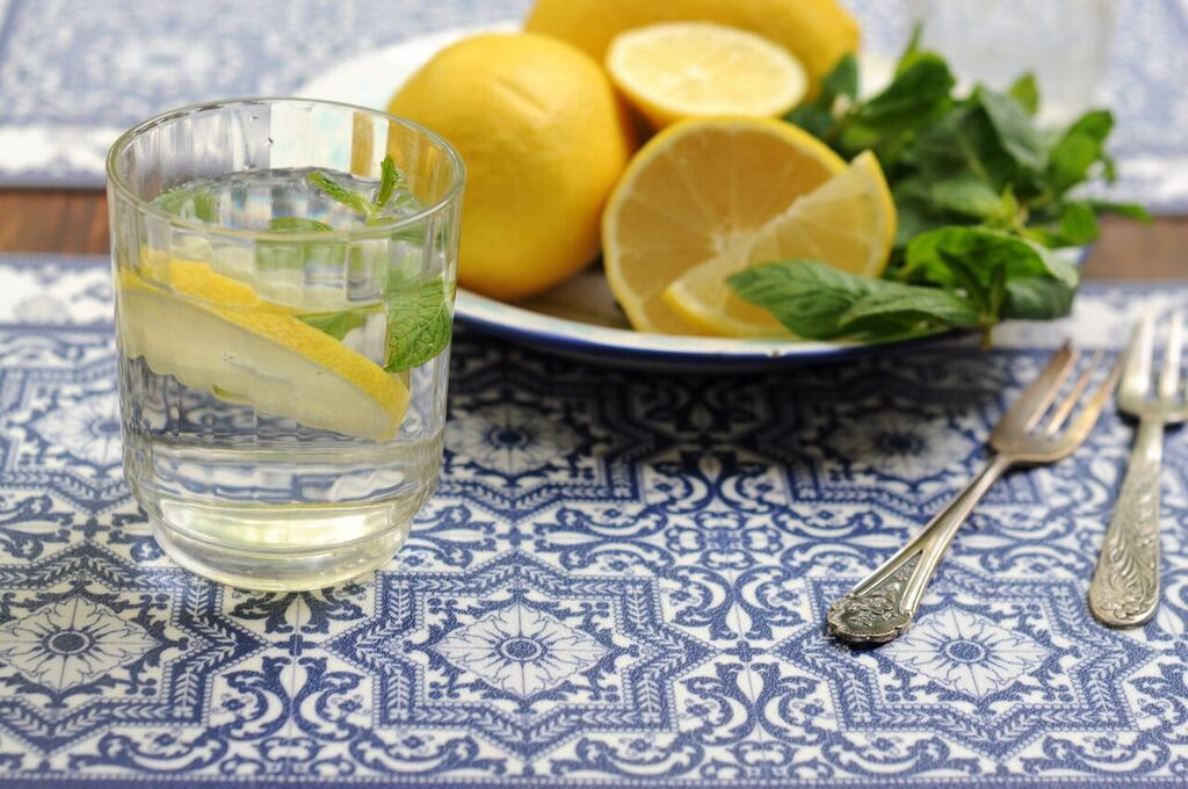
Beija Flor means “hummingbird,” or literally “kisser of flowers” in Portuguese. “Beija Flor products kiss the space they are in,” explains Kounievsky.
And they are kissing many spaces since she started the company in 2007.
The products are sold online at her website and in stores across Europe, including Scandinavia, France, Germany, Italy, Switzerland, Holland, Belgium and Ireland, and in Asian countries such as Japan, Hong Kong and Korea. Beija Flor is now entering the US market with the help of American distributor Kiss That Frog and appearances at upcoming design trade shows in Las Vegas, New York and Atlanta.
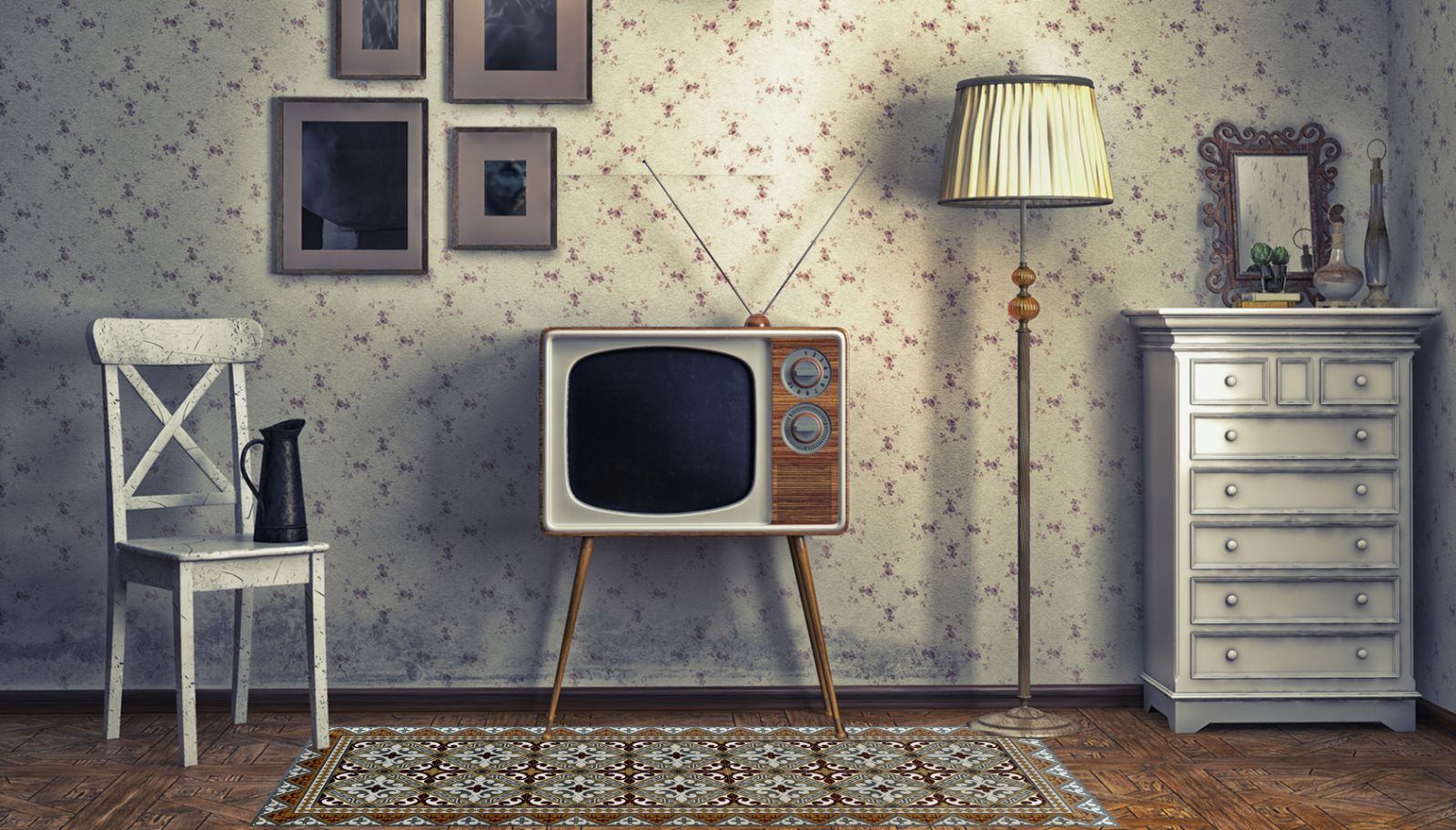
The floor mats are available in nine different sizes and 15 design families in a variety of colors for each family. The tableware collection of mats, runners and trivets features 26 different models of ancient tiles.
The newest part of the tableware collection was inspired by traditional embroidery from ancient civilizations in the land of Israel, including that of the Jews in the periods of the first and second Holy Temples. “This collection will have eight different models to begin with,” says Kounievsky.
Twenty different designs of decorative stickers, made to look like painted tiles and engineered to last for years, are primarily for affixing to walls of kitchens and bathrooms. Beija Flor also sells a popular line of small shaped stickers that give the effect of patterned wallpaper for children’s rooms and living areas.
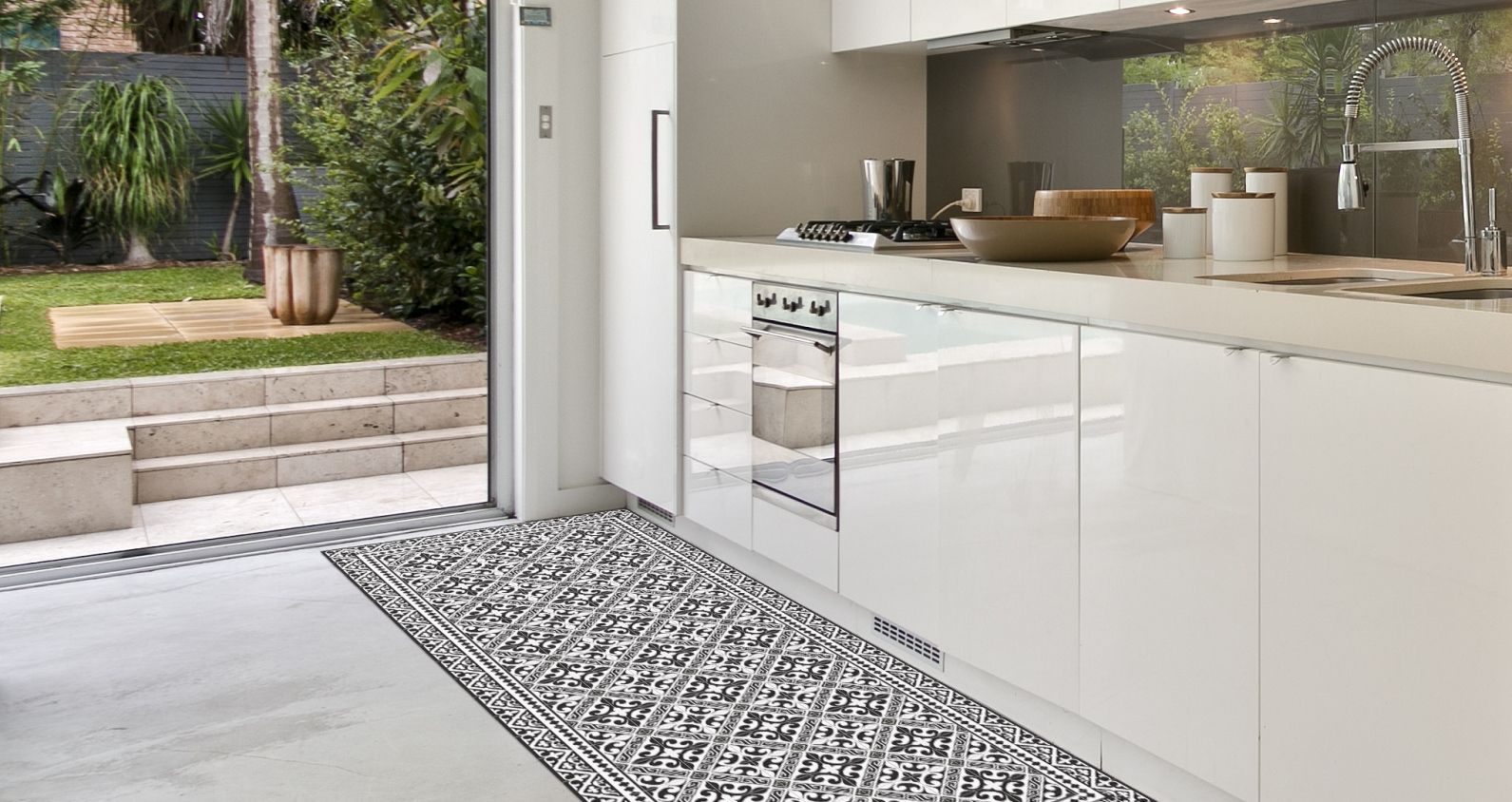
“My passion is to take a piece of history and make it available for each home,” says Kounievsky, who also takes inspiration from the natural beauty of her Galilee surroundings, in a location where the biblical prophet Habakkuk is said to be buried.
She employs 30 people in her kibbutz-based business, mostly from the 50 families involved in Hukok’s ecological community. Beija Flor’s staff includes 12 in back office and 16 in production. Kounievsky includes among her employees senior citizens and people with physical disabilities.
For more information, click here.




